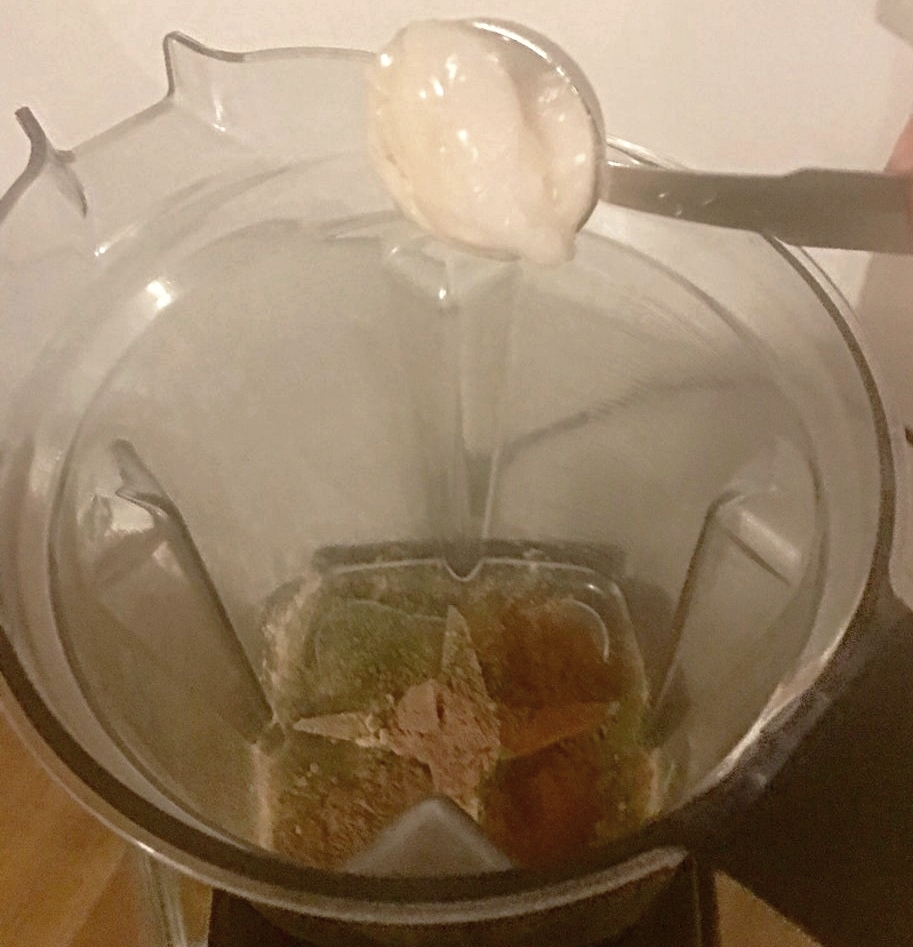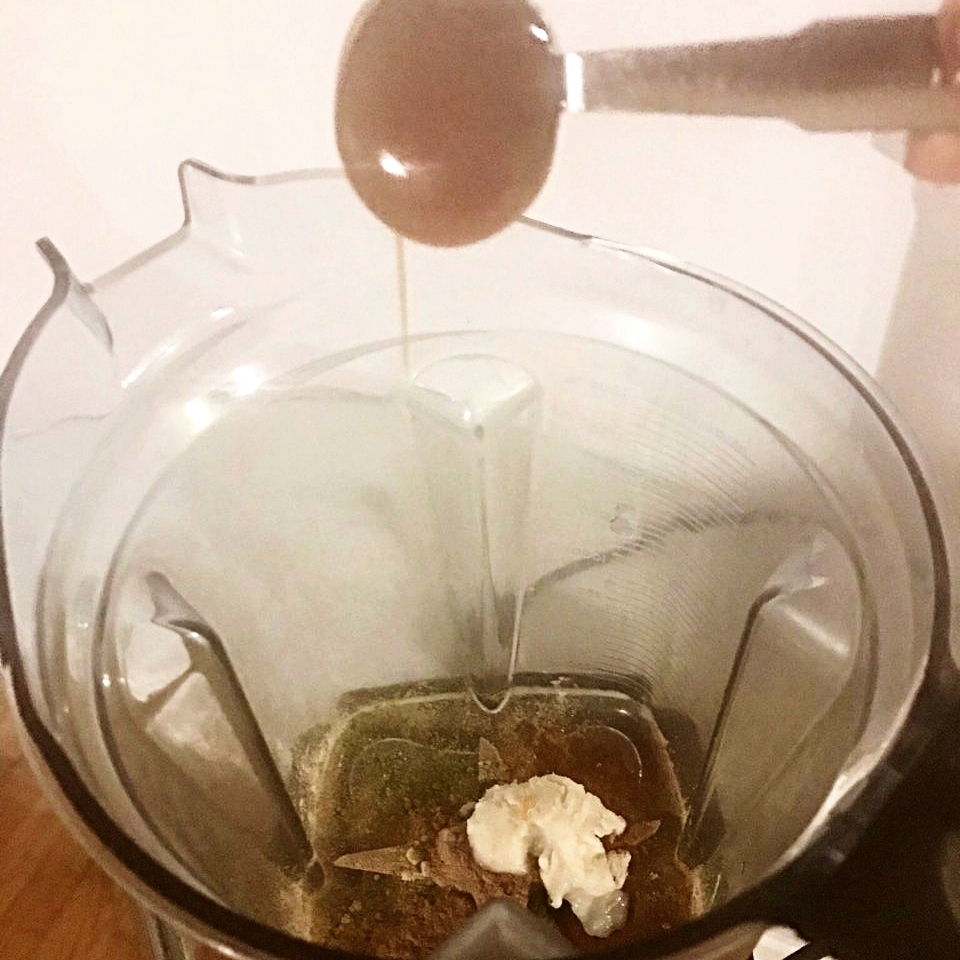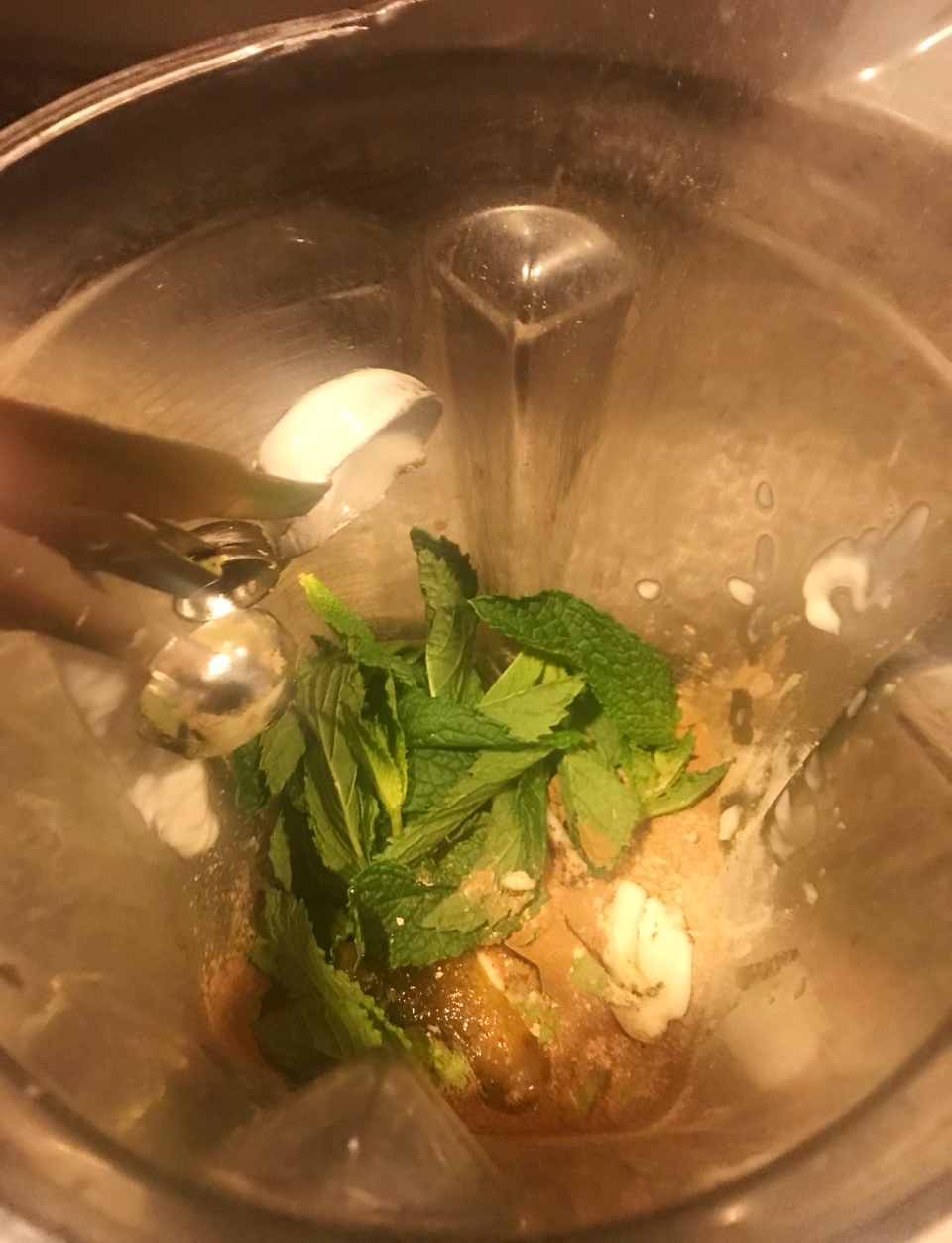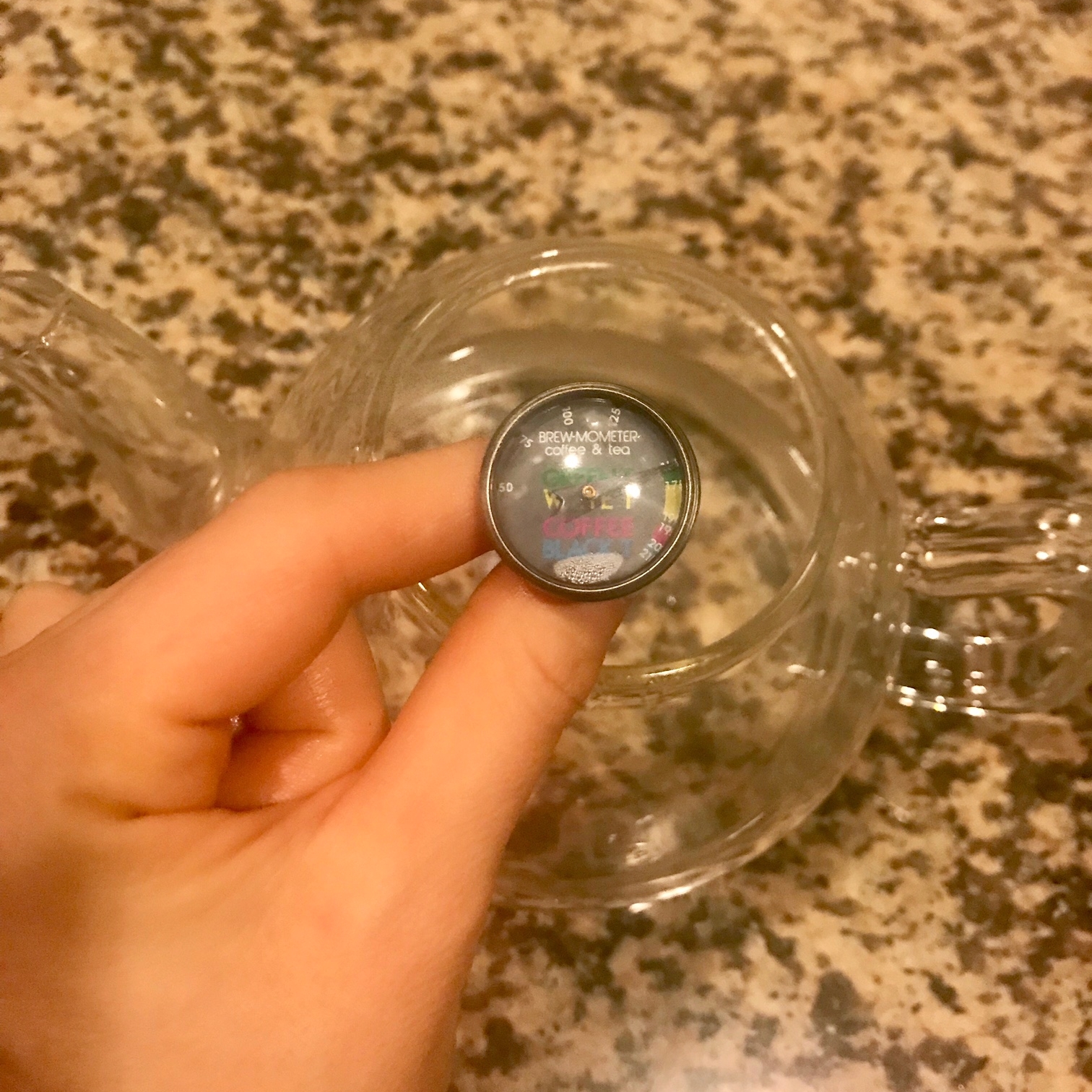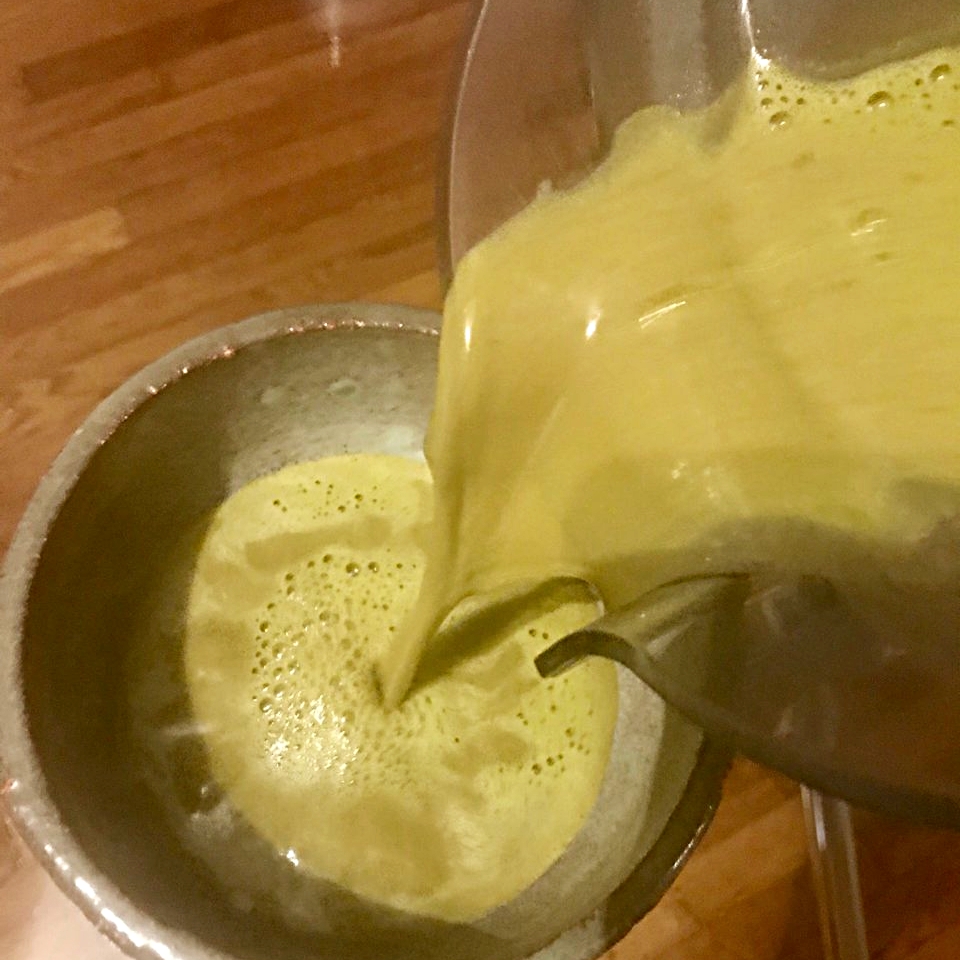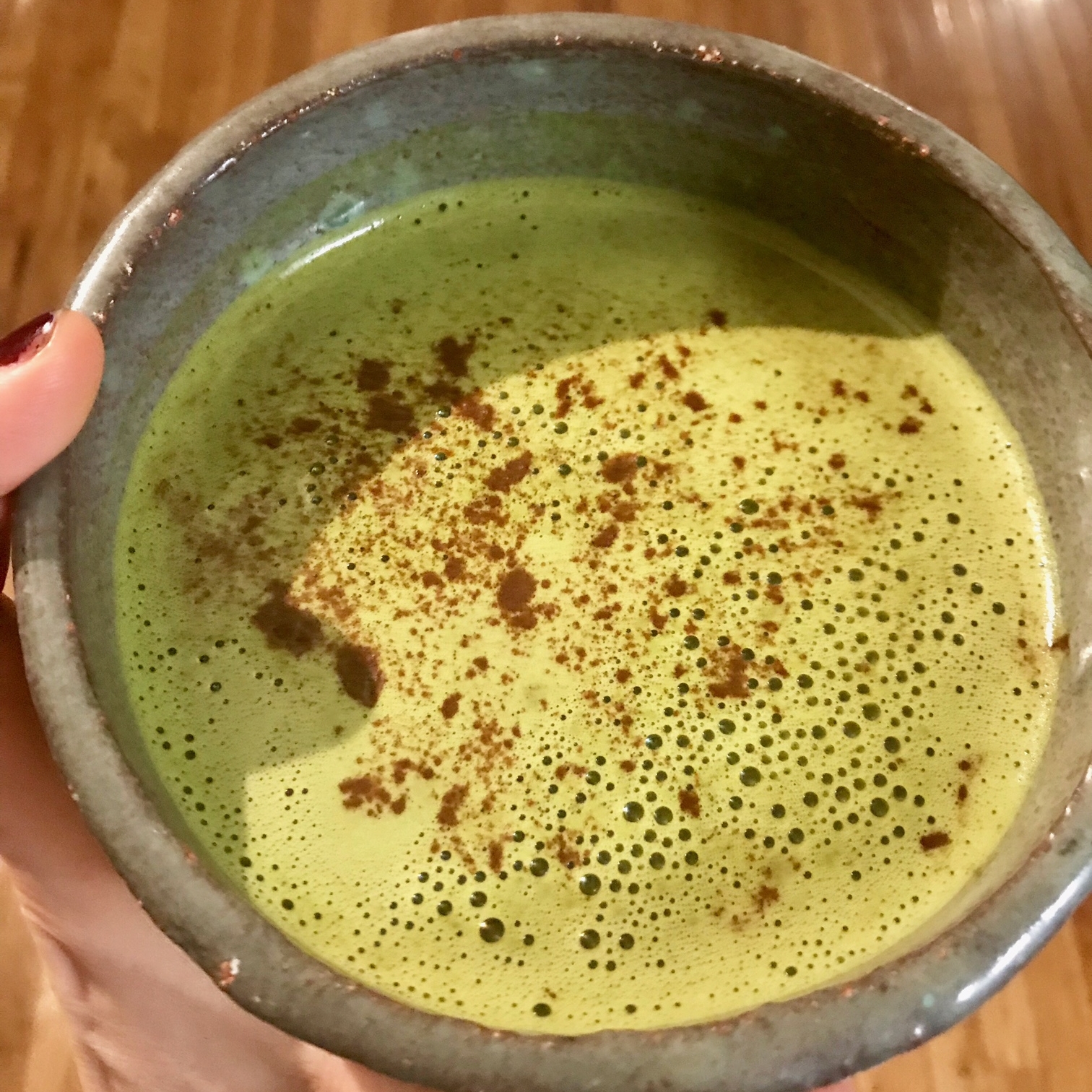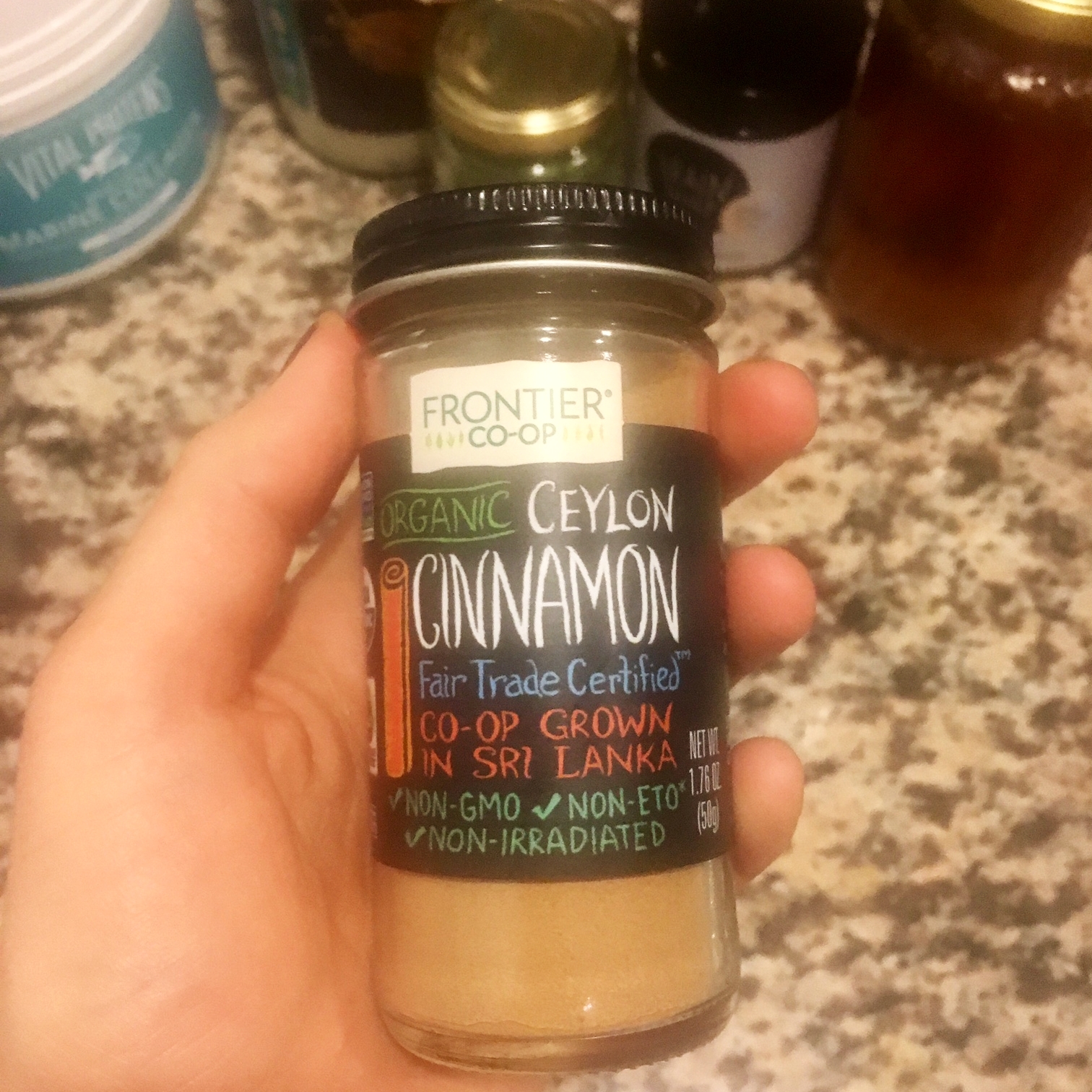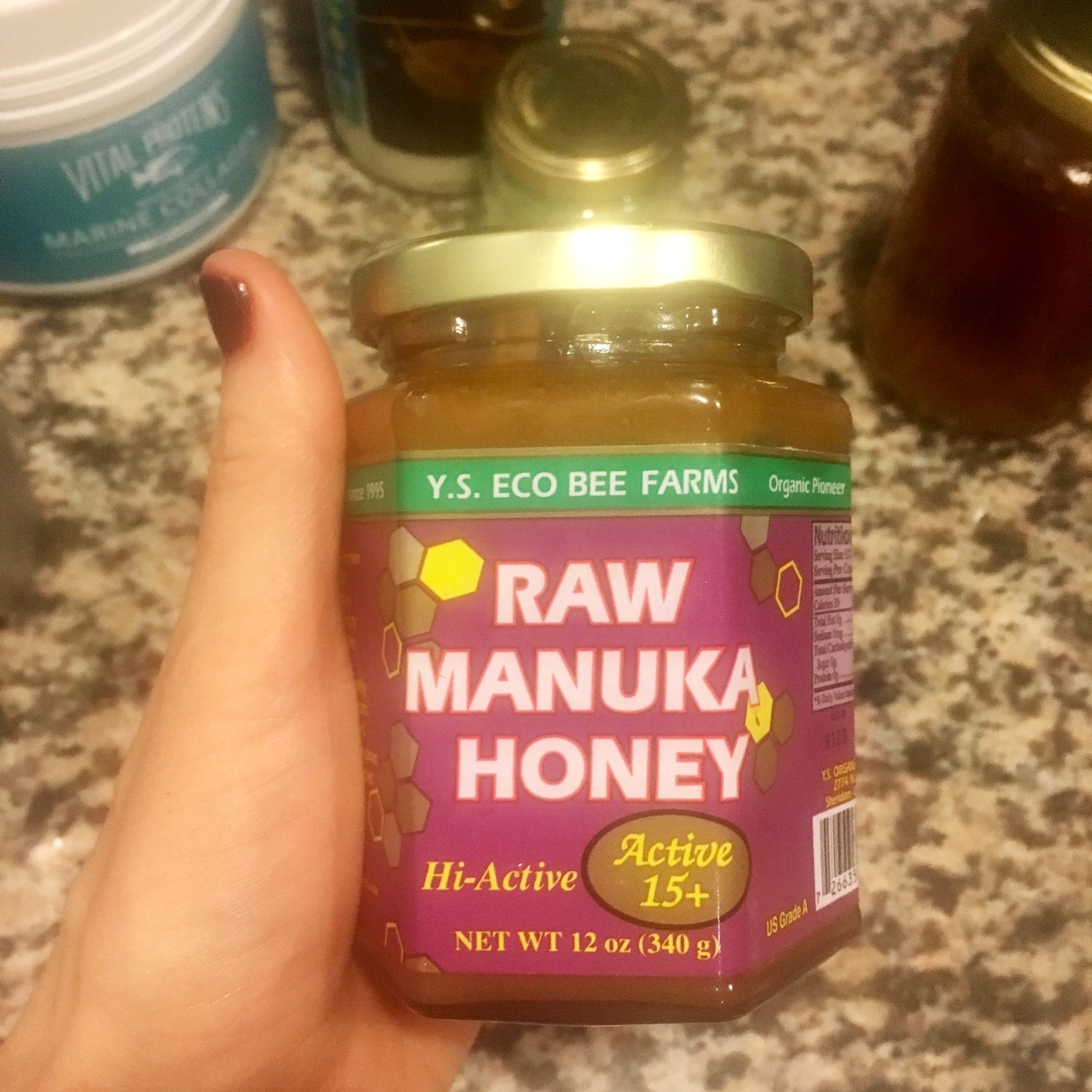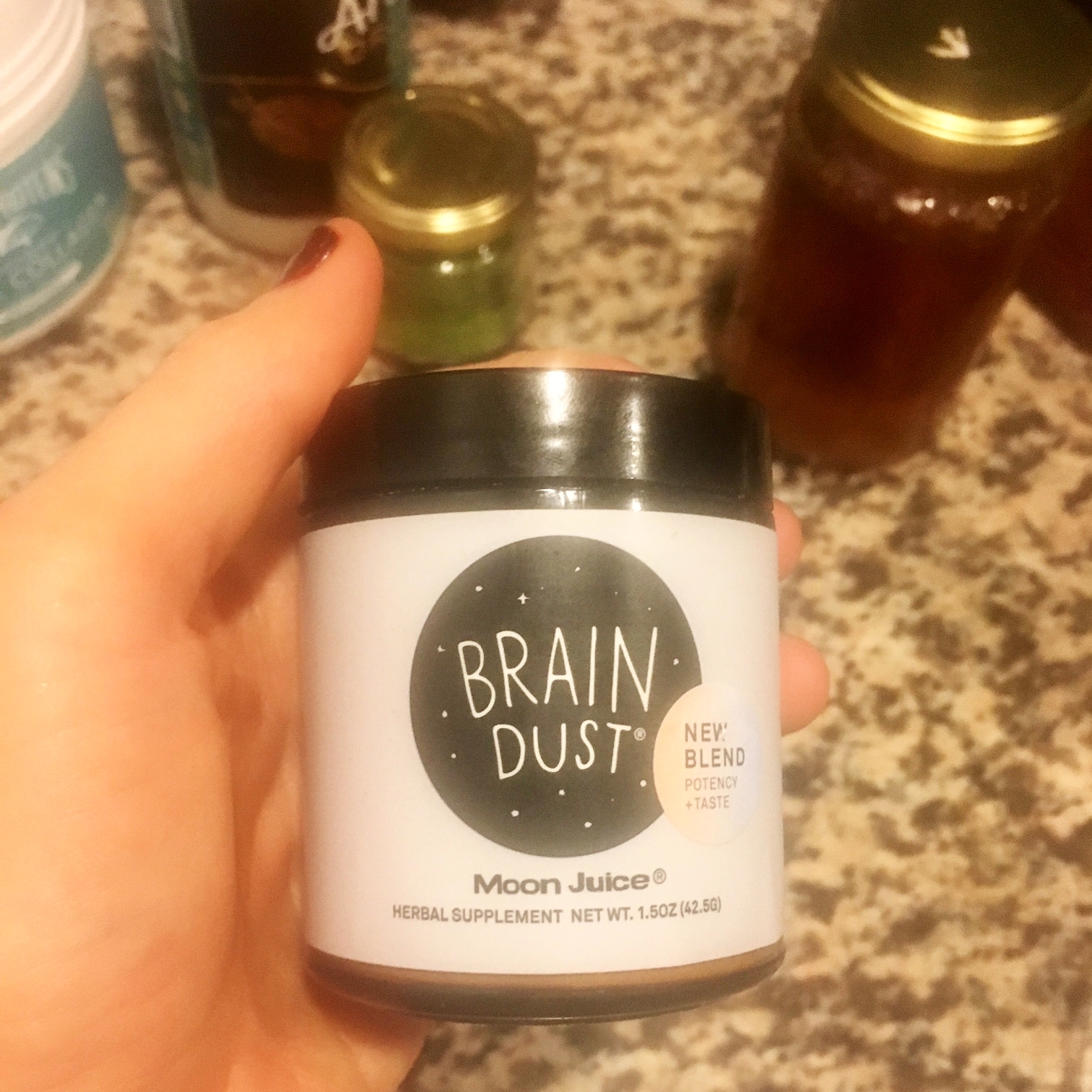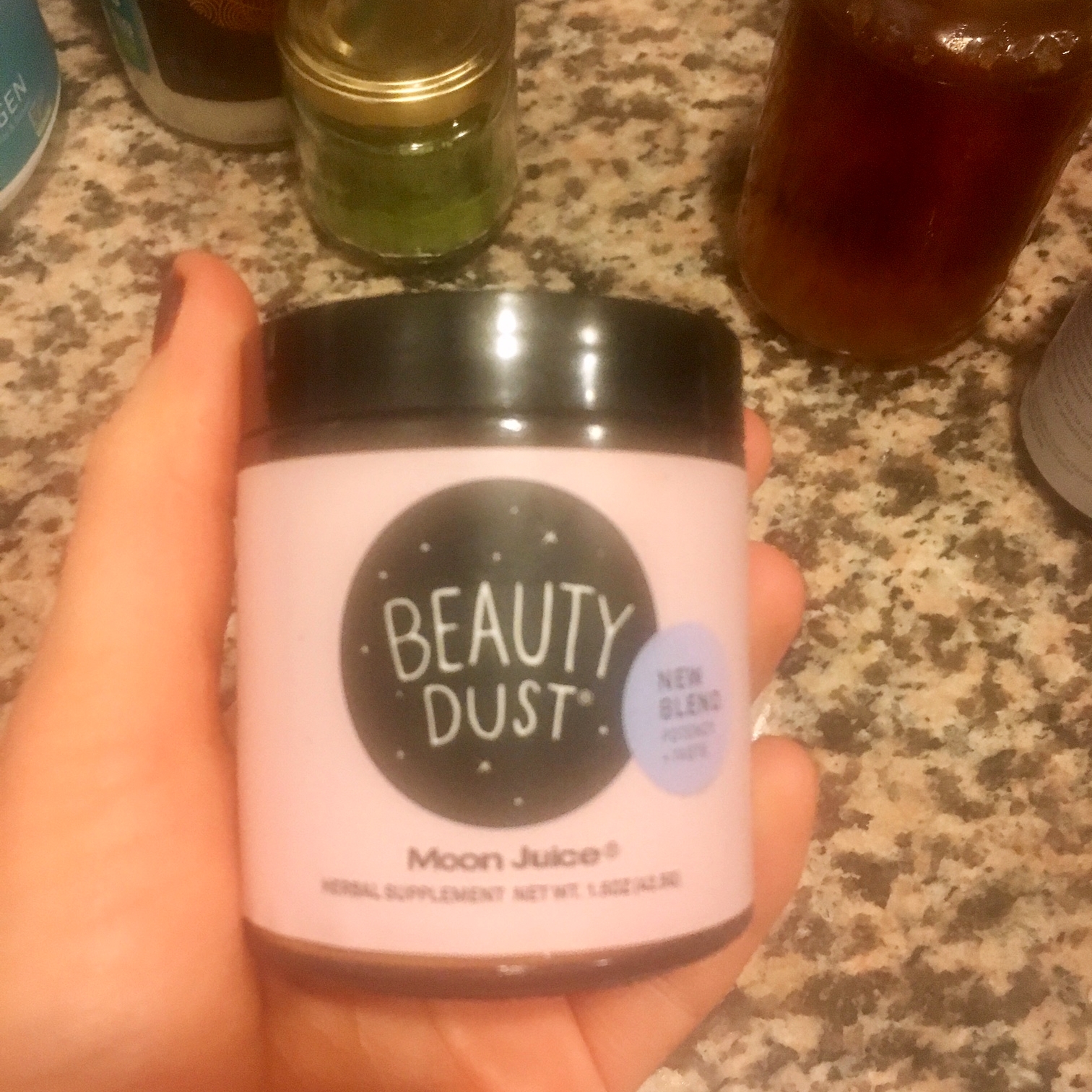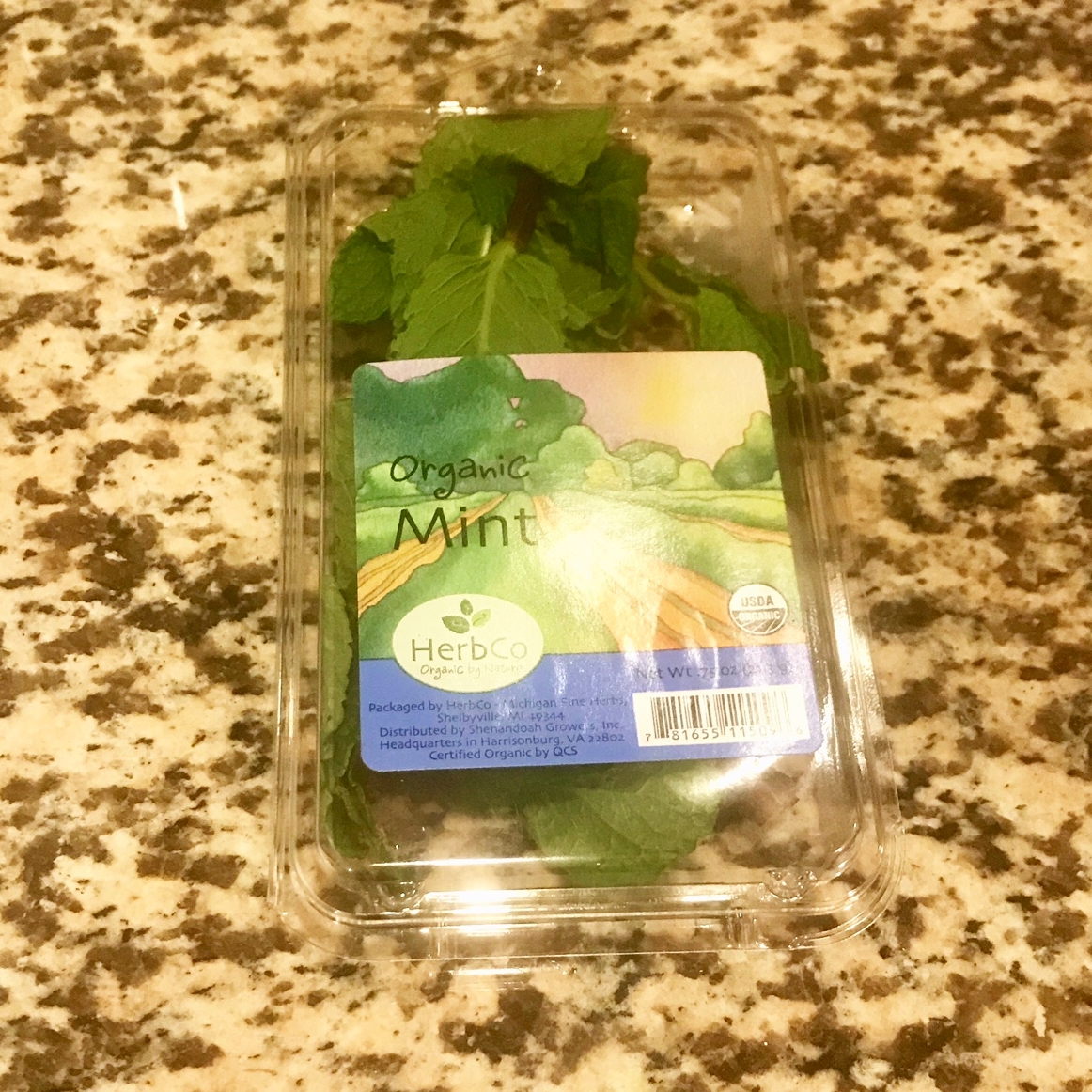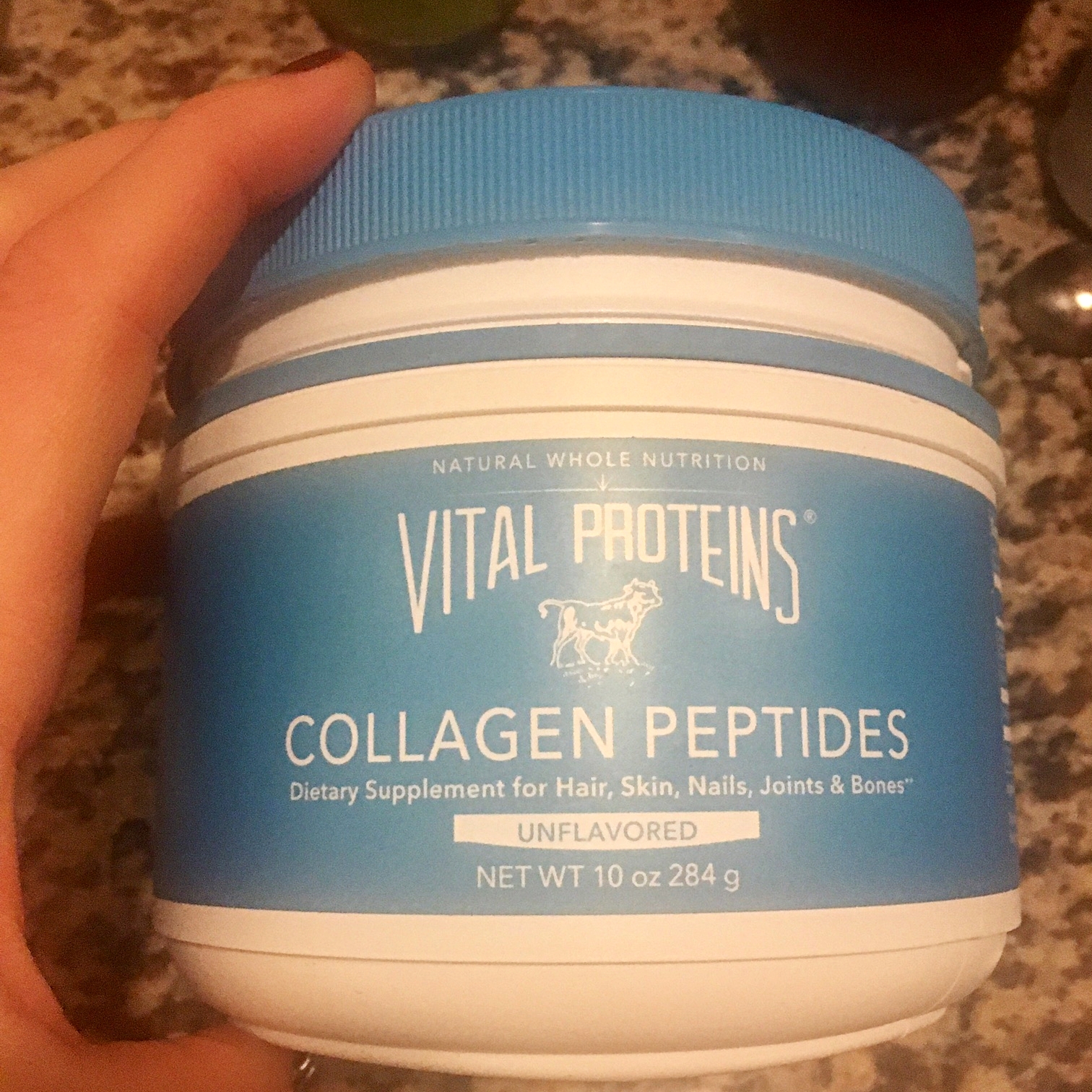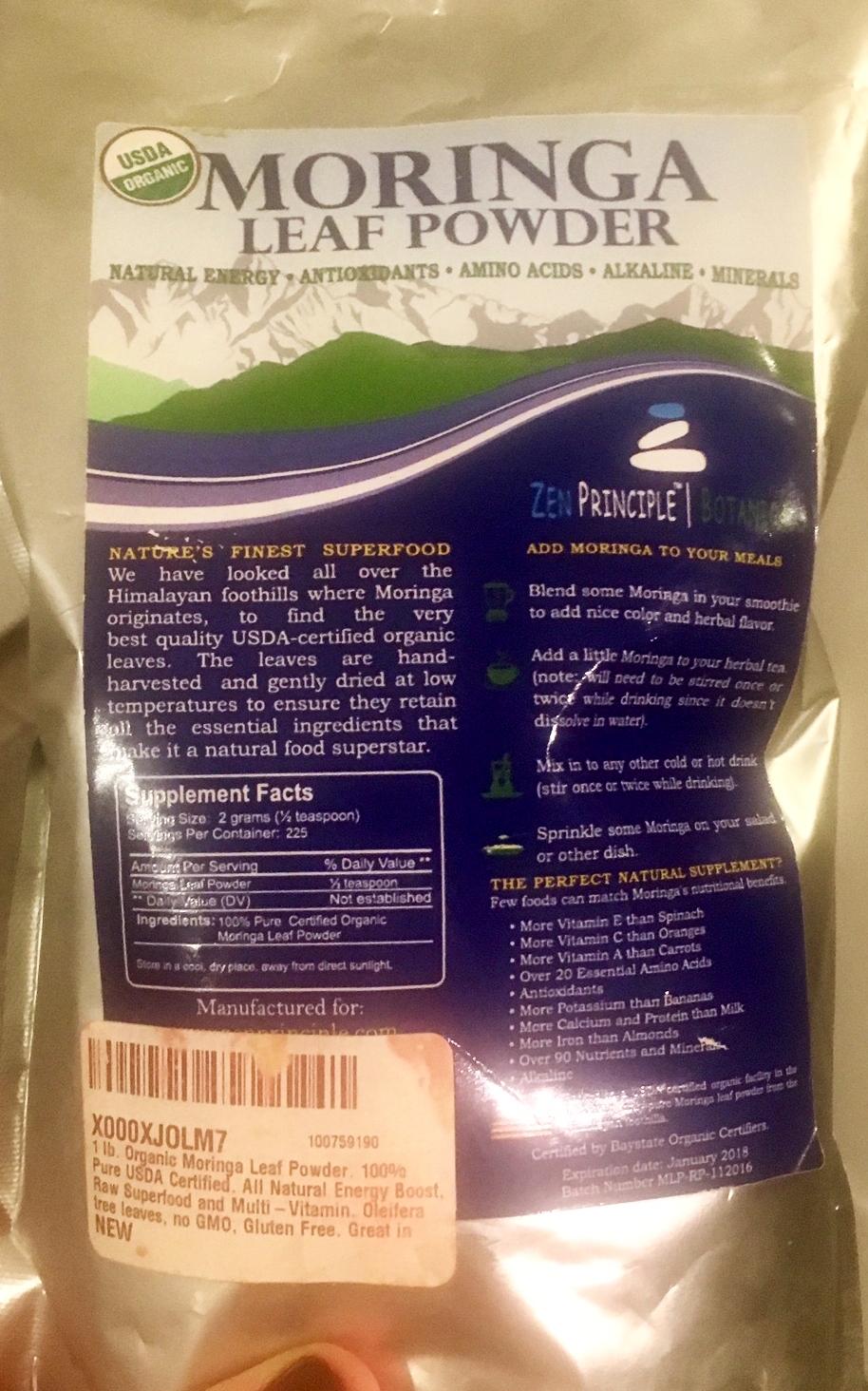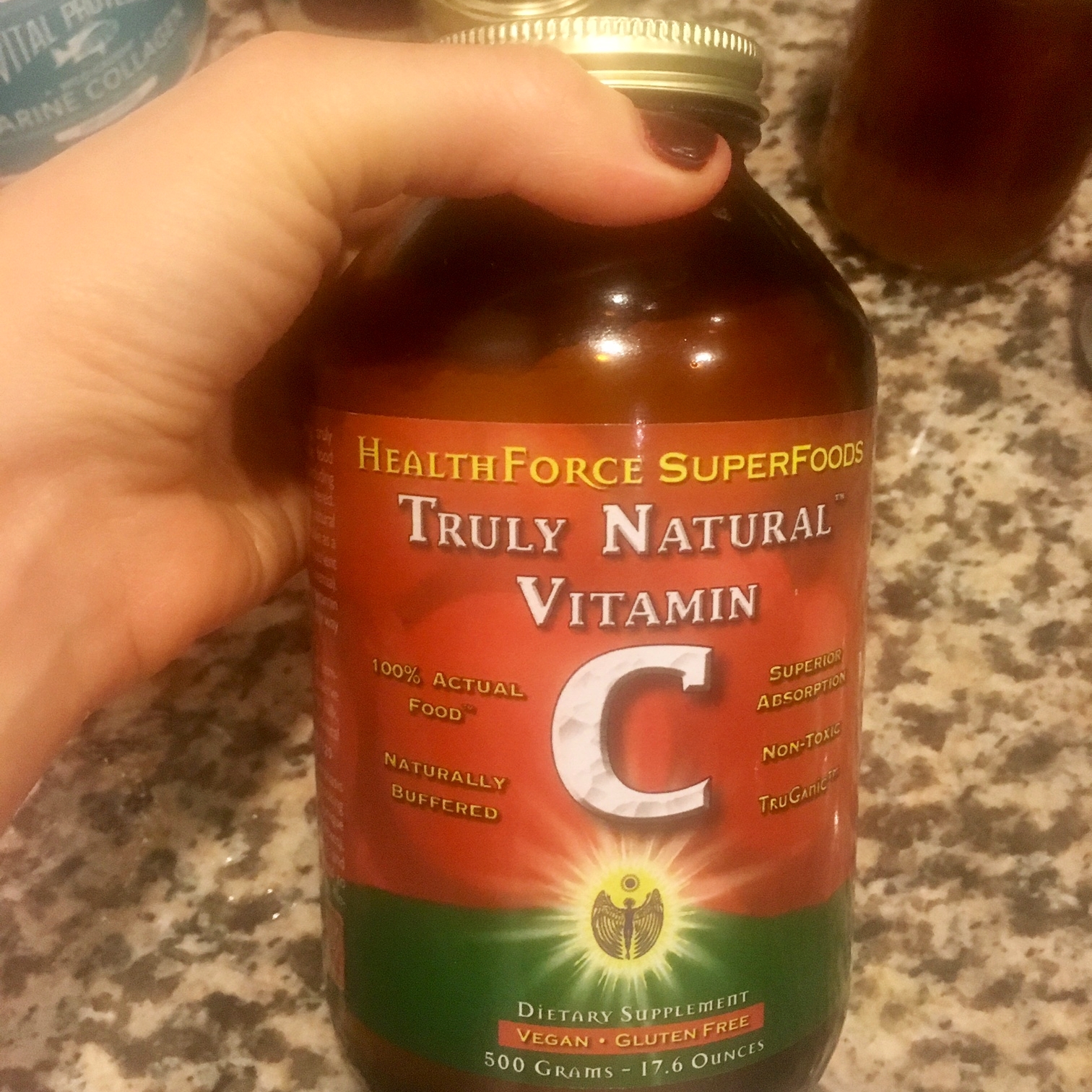Matcha green tea has become very popular in recent years, and I'm sure you've seen matcha drinks at your local coffee shop.
Green tea usage dates back over 800 years, and matcha is the most potent and nutritious green tea on the planet as the entire leaf is ground into matcha powder to be ingested. Many key nutrients are typically thrown away in the process of making regular green tea as matcha is the only whole leaf version that maintains all the leaf's fiber, chlorophyll, and vitamins.
I find that the energy from matcha is less of a spike and more of a sustained boost throughout the day. Matcha contains the amino acid, L-Theanine, which combined with the caffeine in the tea, is absorbed slowly by the body to provide a steady 3-6 hour energy boost without your typical "caffeine crash". L-Theanine is also associated with improving mental clarity on top of increasing natural energy. Moreover, matcha contains high amounts of antioxidants (up to 137x the antioxidants of regular green tea) compared to other fruits and vegetables (hello, anti-aging benefit).
It's an expensive habit to purchase matcha drinks out each day, and when purchasing at stores you can't control the exact ingredients included and make your latte exactly to your taste and health preferences.
Hence, I think it's best to make a DIY matcha latte at home. Each morning before work I make mine with powerful adaptogens to increase the balance and overall health within my body as well as my energy.
Below are my favorite versions of a healthy homemade matcha latte followed by some more information on the ingredients I'm using. These recipes take only 10 minutes or less to make, and are delicious. Hope you enjoy!
Items you'll need:
- Tea Kettle
- Blender (I use a Vitamix)
- Measuring Teaspoon (tsp) and Tablespoon (tbsp)
- Matcha Tea Powder (organic ceremonial grade or organic cooking grade)
- Adaptogens (such as Ashwagandha or Maca or Moon Juice dusts)
- Cinnamon (I always opt for non-irradiated so use Frontier Co-op brand which is also organic & fair-trade)
- Raw Honey
- Raw Coconut Butter
- Optional Tea Thermometer
- Optional Fresh Mint Leaves
- Optional Vital Proteins Collagen Peptides
- Optional HealthForce Truly Natural Vitamin C powder
- Optional Organic Moringa Leaf Powder
- Optional Organic Chia Seeds
The first recipe below with nut milk is my little sister's favorite version. She thinks the adaptogens are "really cool" and that it tastes "so good, really good." Adding a nut milk gives the latte a frothier and thicker consistency. If your nut milk has any sweetener added it of course also makes the latte sweeter.
When I don't have nut milk on hand or if I want a thinner consistency to my latte, I use just water as you see in the other two recipes below. The drink is still warm, satisfying, delicious, balancing and energizing.
Super Matcha-Adaptogen Latte Recipe with Nut Milk
- 1 cup plant-based milk (almond, hemp, cashew, rice, etc.)
- 1/2 cup water
- 1 - 1.5 tsp organic matcha
- 2 tsp of two different Moon Juice* adaptogen blends OR serving size of adaptogen powder of your choice, such as 1/2 tsp Ashwagandha
- 1 tsp raw organic honey
- 1/2 tsp organic cinnamon
- 1 tbsp raw coconut butter
*Right now I am using Moon Juice's beauty dust, brain dust, spirit dust, and sex dust (which contains maca and cacao like in my coffee smoothie) most often, rotating using two at a time.
Recipe #2 with Water
- 1.5 cups water
- 1 - 1.5 tsp organic matcha
- 2 tsp of two different Moon Juice* adaptogen blends OR serving size of adaptogen powder of your choice, such as 1/2 tsp Ashwagandha
- 1 - 1.5 tsp raw honey (I prefer sweeter at 1 heaping tsp)
- 1 tsp cinnamon
- 1 tbsp raw coconut butter
- Optional 1 scoop Vital Proteins collagen peptides
Lately, I've been making a slightly larger portion with just water and I love it. Below is the recipe I'm currently using each work day. The collagen makes the latte thicker and frothier as well.
Current Super Matcha-Adaptogen Latte Recipe with Water
- 1 3/4 - 2 cups water
- 1 - 1.5 tsp organic matcha
- 1 heaping tsp organic cinnamon (non-irradiated)
- 2 tsp raw organic honey
- 1-2 tsp Moon Juice adaptogens powder
- 1 tbsp raw coconut butter
- 1 scoop Vital Proteins collagen peptides
- .75 ounces organic fresh mint leaves or 1 small drop RMO's Peppermint Essential Oil (very powerful! use internally under supervision of your doctor or healthcare providor)
- 1/4 tsp HealthForce vitamin c powder
- 1/4 tsp organic moringa leaf powder
- 1 tsp organic chia seeds
Directions for all recipes
- Mix all ingredients less the water/nut milk in your blender (and feel free to adjust amounts as needed)
- Heat your water to ~170-175 degrees Fahrenheit (that is hot, but not boiling as that would compromise the matcha)
- Add your heated water and/or nut milk to the blender with the rest of your ingredients
- Blend well for a minute
- Pour into a mug/jar/bowl and enjoy!
Why the Other Ingredients and Not Just Matcha?
I included adaptogens as I have found noticeable benefit in my health from using them. Adaptogens are a group of herbs that are generally safe/nontoxic for everyone and help combat stressors, balance your hormones and protect your body with a normalizing effect.
I recommend exploring the world of adaptogens to see what you might need most for your personal health concerns. If stress is an issue for you, I recommend Ashwagandha (which has many benefits) or Tulsi (also called Holy Basil). If you need help balancing your hormones or with your libido, I recommend Maca. If low energy and stamina is a problem for you, try Cordyceps Mushrooms. If you want to boost your immune system, try Astralagus or Reishi mushrooms. It's good to mix and rotate the adaptogens you are using, and never use more than 3 different adaptogens at a time.
Currently, I'm using Moon Juice adaptogen blends such as beauty dust, brain dust, spirit dust, power dust and sex dust. However, when I run out I'll be trying alternative adaptogen blends. I also recommend adaptogen blends from Sun Potion or Mountain Rose Herbs, which are trustworthy companies with quality products.
Then, I use coconut butter and honey in my latte as both aids in the bodies absorption of adaptogens among the health benefits they offer individually.
The raw coconut butter contains lauric acid that increases immunity, boosts metabolism (assists with weight loss and is energizing), prevents disease, contains fiber, iron, and healthy fats to start the day feeling more satisfied.
Raw organic honey is my all-time favorite sweetener because of the way it tastes, but honey is actually a healing superfood. Raw honey contains antioxidants and is known for its antibacterial and antifungal properties. It has been used to boost energy, treat wounds and ulcers, fight infections, promote restorative sleep, soothe sore throats and coughs, and more.
I love the taste of cinnamon, so clearly I use a large portion in my recipes. If you're not a big fan, use 1/2 tsp or less if needed. I always try to include cinnamon when using a sweetener like honey because it helps control blood sugar (it is preventative of blood sugar spikes and insulin resistance). Cinnamon is also known for being anti-inflammatory, immune-boosting, heart-disease protective, and so on.
Fresh mint leaves in my opinion improve the taste of the latte, and they blend so well it is still a smooth consistency. Fresh mint is also known to contain potent antioxidants as well as iron, fiber, vitamin A and potassium (though in small amounts). Mint is also known for promoting good digestion and to be a natural stimulant for increased energy.
Collagen peptides are very on trend lately in the natural health world promising such benefits as improving digestion, aiding in detoxification, strengthening hair, skin, nails, teeth, joints, ligaments, and tendons. Annmarie Skin Care wrote an entire blog post on why to add collagen peptides to your morning coffee here. I typically avoid regular use of animal products in my diet/supplements, but I have wanted to try collagen, so for now I am trying one scoop regularly to my matcha latte. I will update this post if I see noticeable improvement from the collagen.
I started adding natural vitamin C powder to my latte as I wanted to supplement with vitamin C for my skin health, and because a study by Purdue University found that "complementing green tea with either citrus juices or vitamin C likely increases the amount of catechins [antioxidants found in tea] available for the body to absorb." The vitamin c powder I use and recommend is NOT synthetic or isolated, it is a "natural, absorbable, non-toxic, vitamin C complex from a whole food extract of acerola berry."
I have organic moringa leaf powder, and haven't been using it, so I tried adding it to my matcha smoothie and it blends in great. It tastes terrible in my opinion so is best masked in smoothies and lattes. Moringa leaf powder is a nutritional powerhouse containing 20+ types of amino acids, 40+ antioxidants, 35+ anti-inflammatory compounds, key vitamins, minerals, complete protein, Omega 3, 6 and 9 oils and phytonutrients. This brand is sun/shade dried at low temperatures to maintain freshness (rather than freeze-dried), sustainably sourced from small organic farms, and packaged in the US. MBG wrote an article you can read here on the benefits of drinking moringa every day.
The best part of making my latte myself is I can adjust the ingredients to my taste and health concerns. I may try adding chlorophyll or chia seeds in the future subbing out another ingredient.
I encourage you to use this recipe and any others as a base as you figure out what ingredients serve you best in your latte.
Cheers to drinking to good health!
Do you enjoy matcha? What is your favorite matcha drink? Let me know if you try these recipes and what you think in the comments below.



